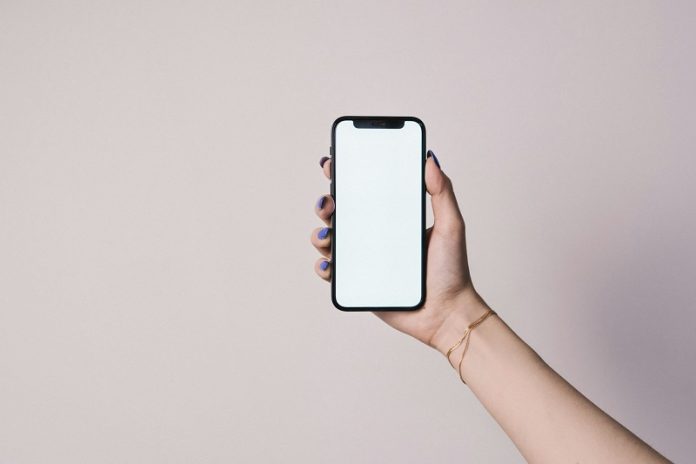
A new study from Aalto University has shed light on a worrying issue: keeping your personal data private on Apple devices might be much tougher than many of us think.
Despite Apple’s strong claims about privacy, such as their slogan “Privacy. That’s iPhone,” researchers have found that the reality may not live up to the promise.
For the first time, experts looked into the privacy settings of Apple’s own apps—like Safari, Siri, and iMessage—that come pre-installed on devices you buy.
These are apps you can hardly get rid of, deeply integrated into the Apple ecosystem.
The study, which is to be shared at the CHI conference, reveals some surprising findings about these apps’ privacy protections.
According to Associate Professor Janne Lindqvist and his team, even if you think you’re keeping your information private, Apple’s default apps might still be sharing your data.
For instance, turning on Siri doesn’t just mean you’re using voice control; Siri could also be collecting data from your usage of other apps, regardless of your preferences, unless you dive deep into the settings to prevent it.
When participants in the study tried to adjust their privacy settings to protect their data better, they found the process confusing and complex.
The instructions provided online were not clear, making it very hard to follow through with the necessary steps to restrict data access. In the end, no participant was able to completely stop the apps from sharing their data.
This issue of privacy is not just about Apple.
The researchers point out that while Apple could do a lot more to inform users and make privacy settings clearer, the seamless interaction between devices and the personalized experiences many of us enjoy come at the cost of sharing our data.
Some study participants found workarounds by using third-party apps, like switching from Safari to Firefox, but the broader problem remains.
The study also hints that the data collected is likely used for training artificial intelligence systems like Siri and creating personalized user experiences.
While this enhances functionality, it raises questions about how much control users truly have over their privacy.
In conclusion, the research from Aalto University suggests that protecting your privacy on Apple devices is far from straightforward. With unclear instructions and complex settings, users face significant challenges in keeping their data private.
The study calls for Apple to make improvements, offering clearer guidelines and simpler ways for users to control their privacy settings.


